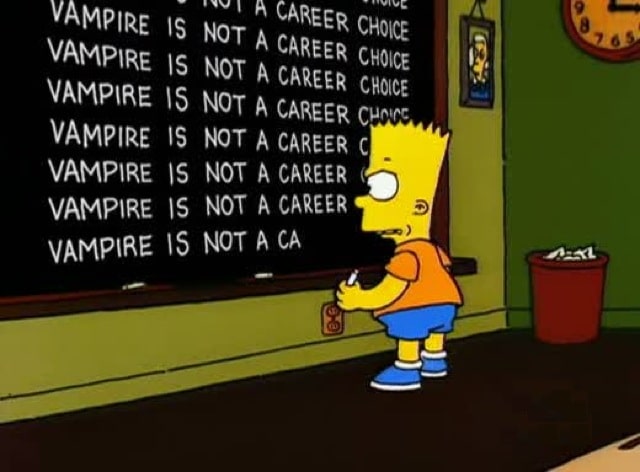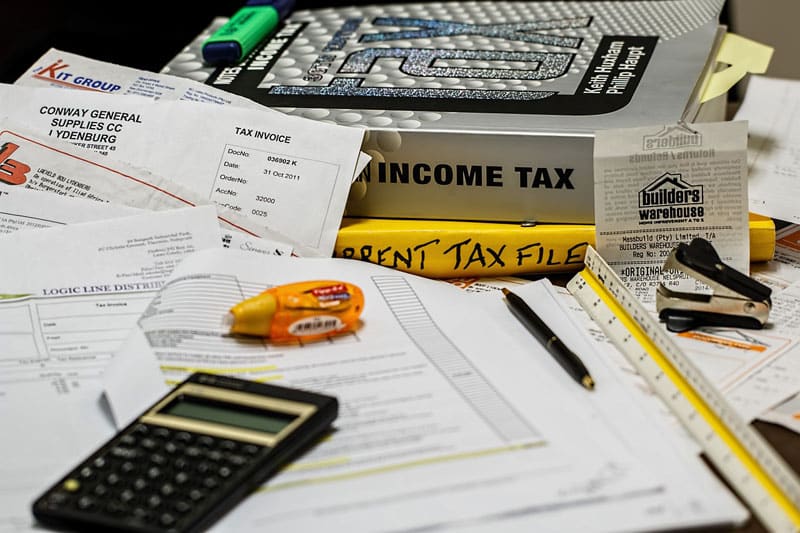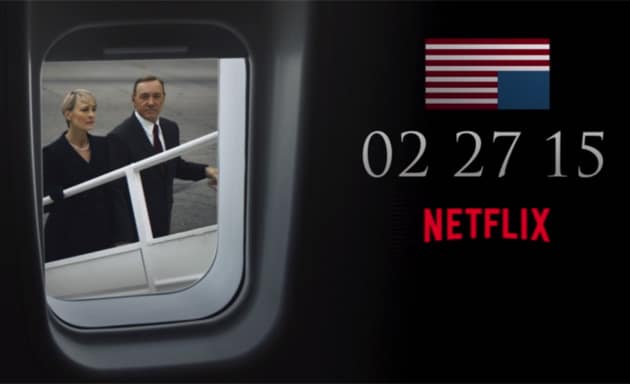There are a lot of positive best time quotes to provide inspiration on the internet today. Many people have earned a great living by either becoming a freelancer or encouraging others to do so. We’re told that there is no better way to “earn what we’re worth.”

Except that this isn’t necessarily the case. Becoming a freelancer isn’t for everyone. There are some great reasons why you might consider looking at the traditional 9-5 grind before striking out on your own path. Here are just a few reasons why it might be better not to become a freelancer.
#1. There’s that whole “retirement” thing. The traditional employment relationship today holds a definite advantage for retirement planning. Many employers offer a 401k or IRA match as a benefit, which means you get free cash in your pocket. Maybe you’re only putting in $50 per month out of your paycheck when employed, but a 3% match means you get a free $18 just for saving money. Add more and you might get more of a match. At best, when you’re a freelancer, you’ll be getting a tax break on certain self-employment retirement plans.
#2. Then there’s that whole “taxes” thing. In the United States, taxes are on a “pay as you go” system of service. This means you’ll need to pay your taxes 4 times per year after your first year of freelancing if you owe more than $1,000 at the time you file. Since most freelancers pay an average of 15% to the government, you’ll need to pay in $1,500 for every $10,000 earned. If you haven’t planned for that, it can become problematic very quickly. Don’t forget you might have state and local taxes to pay as well.

#3. Days off? Forget it. The running joke about being a freelancer is this. Those who have the 9-5 grind say, “It’s Friday!!!” Those who are freelancers say, “It’s Friday??” There never really is a day off when you are a freelancer unless you make time for that to happen. When you do that, you run the risk of breaking a contract and losing money. Since money puts food on the table and pays the bills, most freelancers work a little every day.
#4. Working from anywhere can be overrated. Here’s where I’ll share some experiences of mine. I’ve written pieces in a Circus Circus-Reno hotel room. I’ve done the Starbucks coffee shop thing. I once even wrote 35,000 words on a 48 hour train trip from Colorado to Toronto. All three locations have one thing in common: interruptions. People want to talk to you about what you’re doing. Hotel fire alarms go off. That wi-fi connection suddenly gets disconnected and your work goes AWOL. Having a comfortable cubicle, though distressing sometimes, is an advantage that shouldn’t be overlooked.
#5. You’re working without getting paid. If any of your work happens to require the internet, what happens when your connection fails? You’re suddenly stuck not being able to work. If you have to fix the connection, you’re working without getting paid just so that you can keep working to get paid later on. If you’re at a traditional employer and the internet goes out, what happens? You grab some coffee, talk about Mad Men, and keep earning $$.
#6. There is a ridiculous amount of paperwork you must save. If you are a freelancer, then you’ve got to keep meticulous records. Here’s why. If you pay someone more than $600 for anything, then you’ve got to provide them with tax forms at the end of the year. If you run a small business out of your home and you pay someone $30 per week to mow your lawn, then you have to send a tax form to that person to legitimately claim expenses. Think about all of the things a freelancer might need: computers, software, routers, musical instruments, photography equipment…
Then you’ve got to keep all of this paperwork on file for a minimum of 7 years in case you get audited. It’s craziness.

#7. You become a hermit. Most freelancers work from their homes. This means they get to live the dream of working in their underwear while having Maury yell “YOU’RE NOT THE FATHER!!” in the background, but it gets old after awhile. People often seen freelancers as an oddity. I’ve had people come up to my wife and ask why I mooch off of her since I’m at home all day. “You work?” they’ll say with a laugh. “At what? Watching TV? That’s not work.” To avoid this, you avoid interacting with others except your closest friends because eventually everyone gets tired of dealing with it.
#8. You have to clean up your own office space. You won’t realize how much this is missed until you have to clear off 3 coffee mugs, 7 energy drink cans, two bags of chips, one box of Snickerdoodle flavored gluten-free bunny rabbit snacks, and that weird sticky substance that appeared one morning on your desk because the roof sprang a leak overnight.
#9. Health care. You are responsible for your own health care when you’re a freelancer, which means in the US, you’ve got to go onto the exchange. If you make enough money, then you don’t get subsidized on the exchange, which means an expense that can easily clear $6,000 per year just for coverage. That’s a lot of cash, but if you don’t do it, you pay a tax penalty. It’s a no-win situation that those who have employer sponsored plans don’t even need to worry about.
Many people who have become freelancers love it. They like working their own hours, being in charge of their own business, and being able to work in their tighty-whiteys. Yet these benefits are countered by these unique issues that freelancers must face. Don’t listen to the internet. If you feel like being a freelancer isn’t for you, then good for you.












Leave a Reply